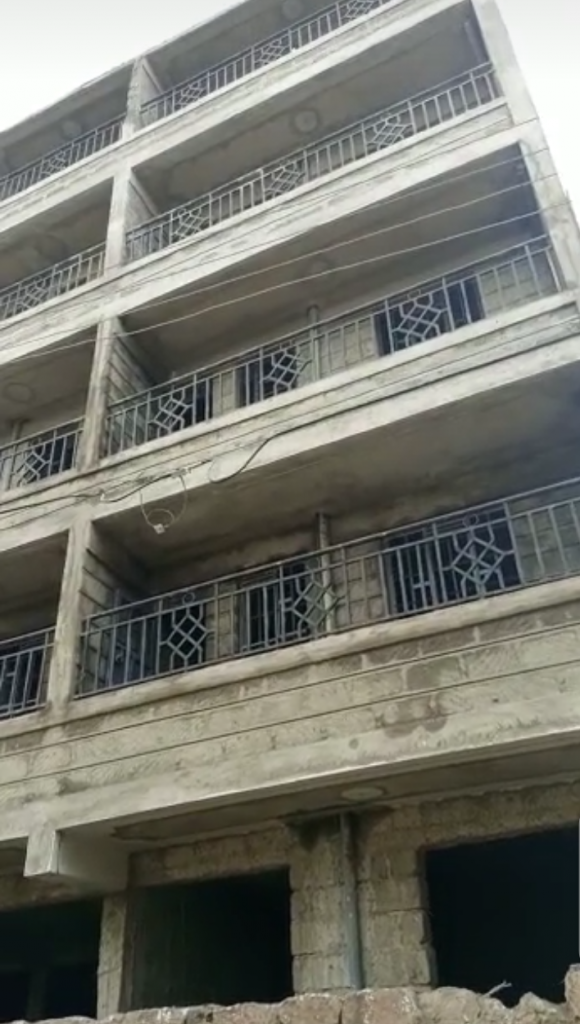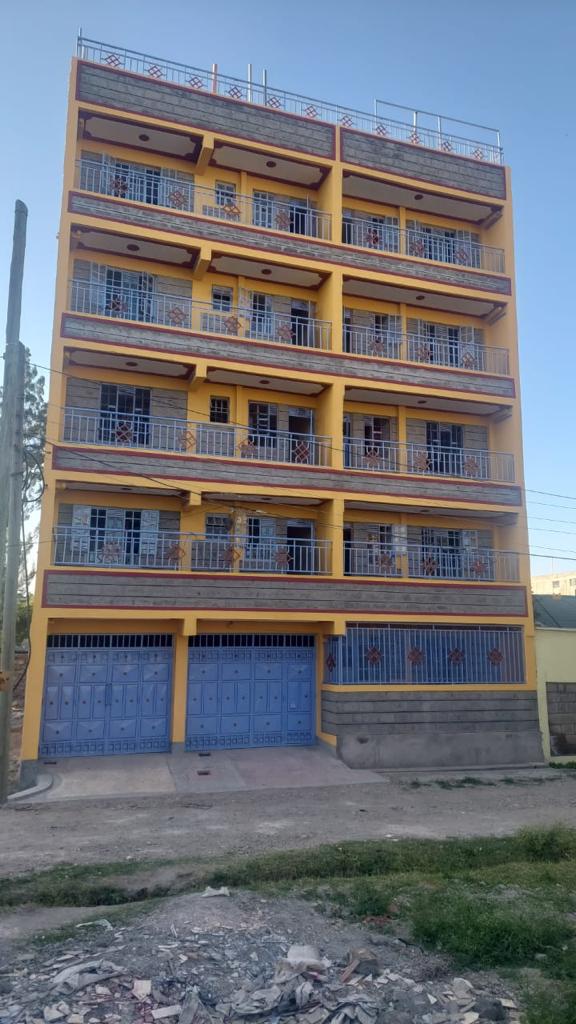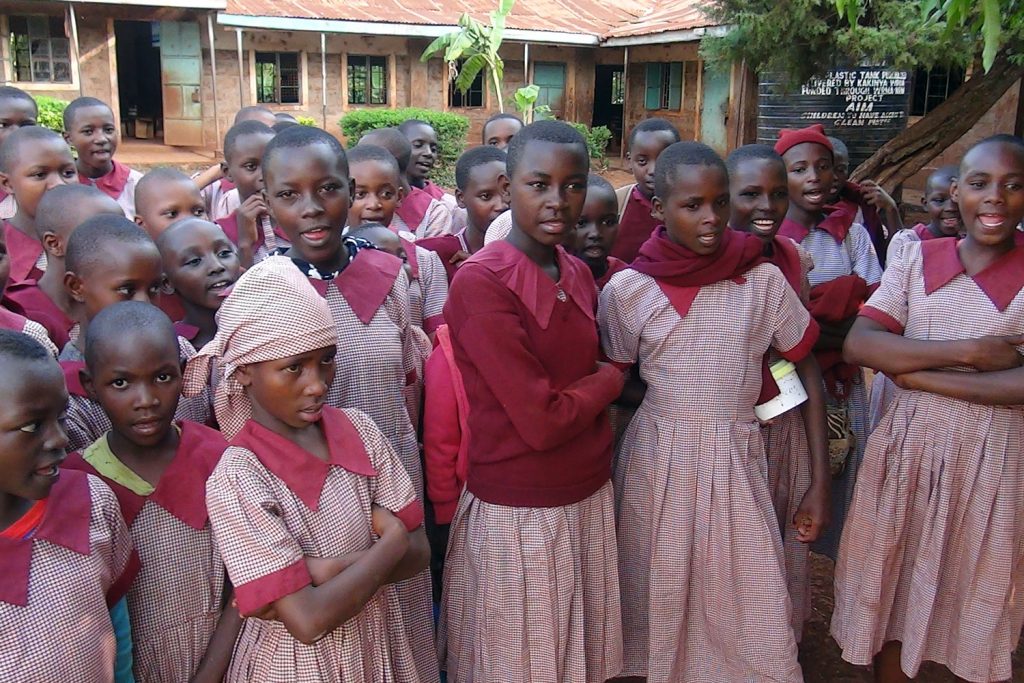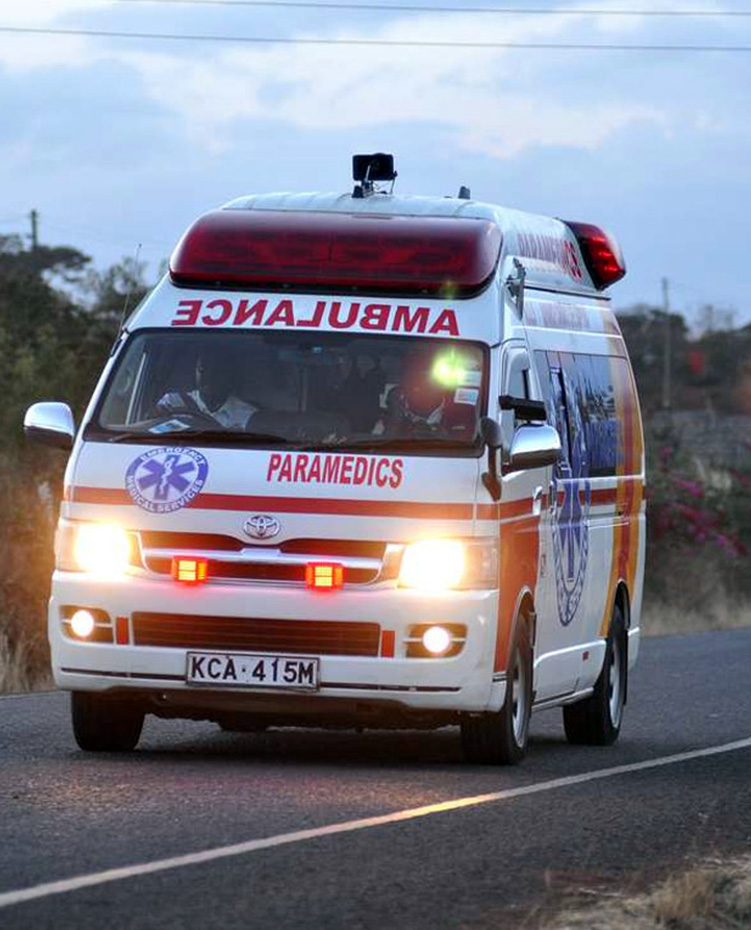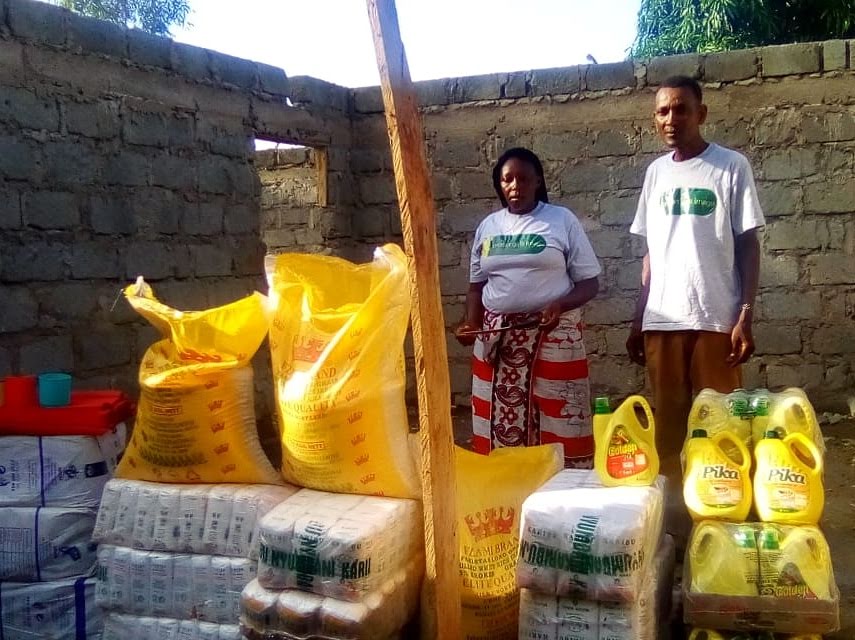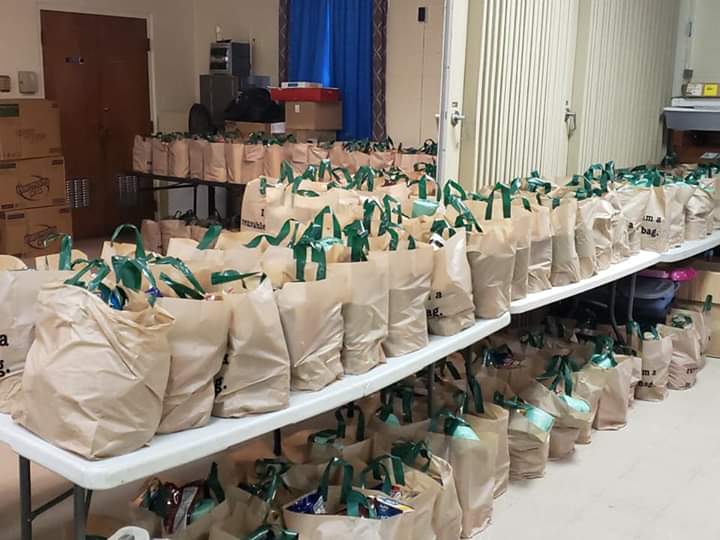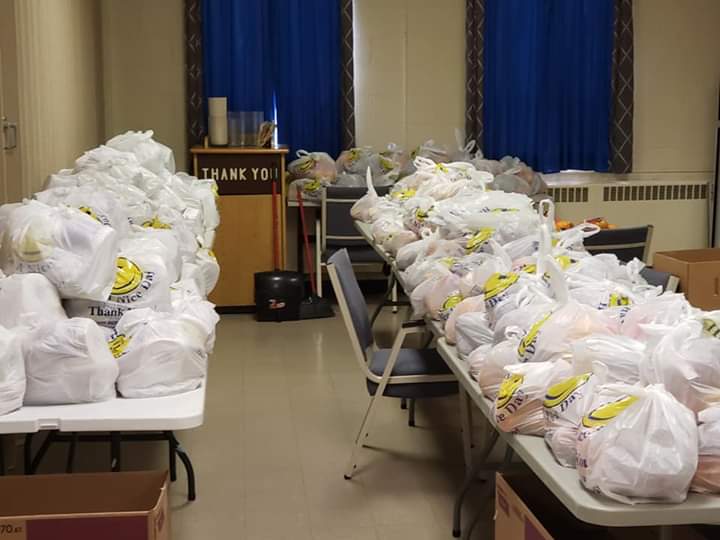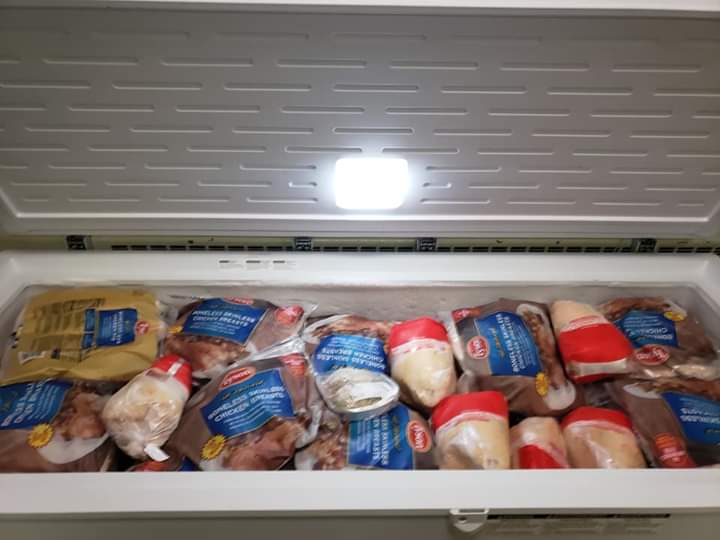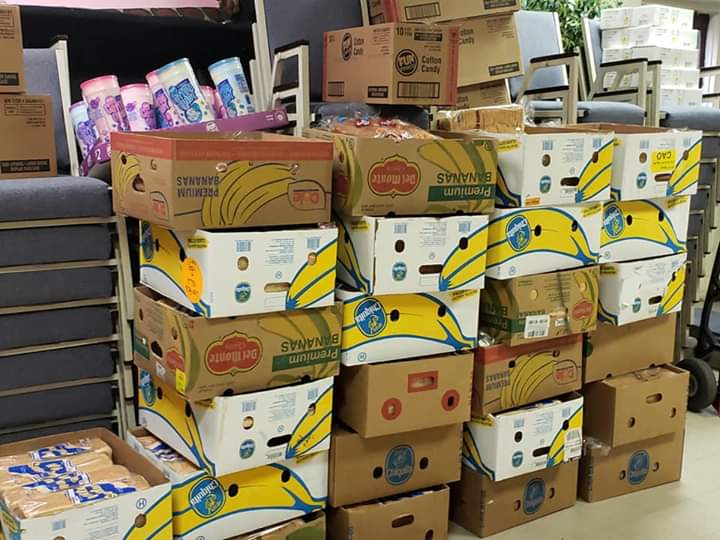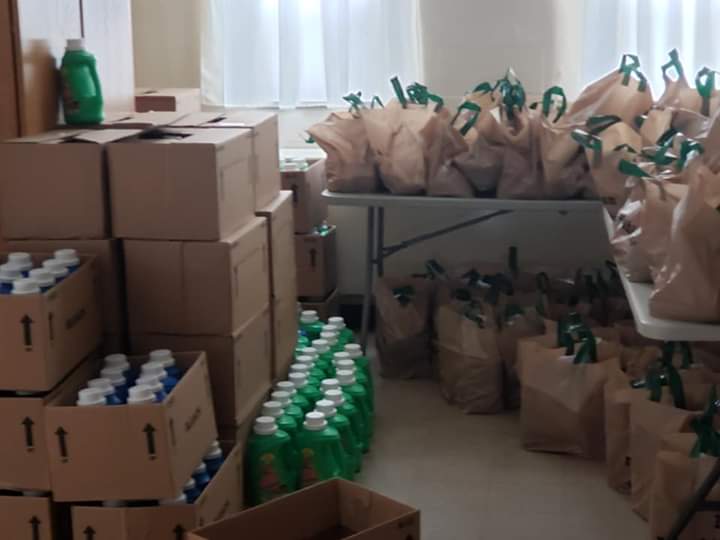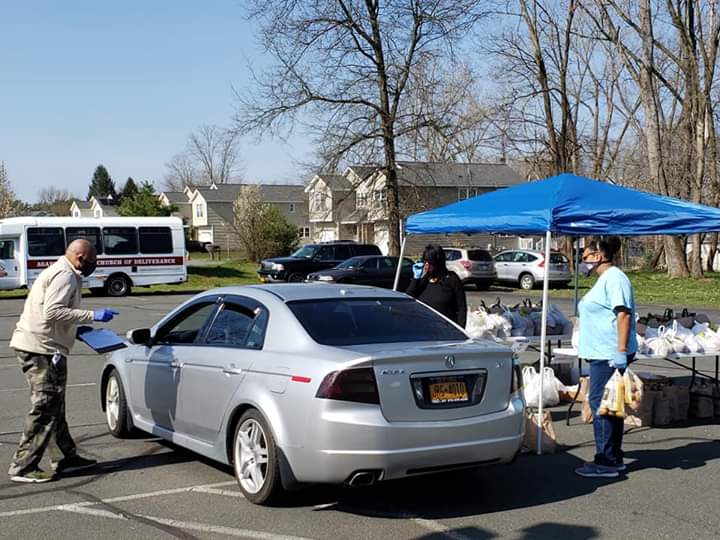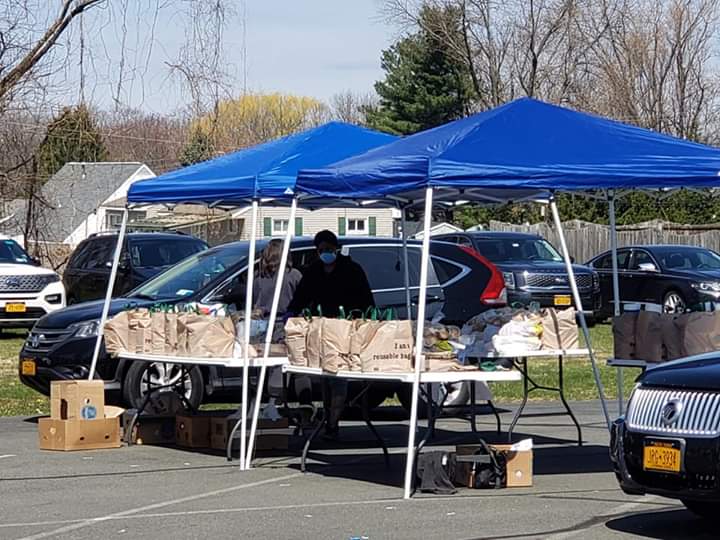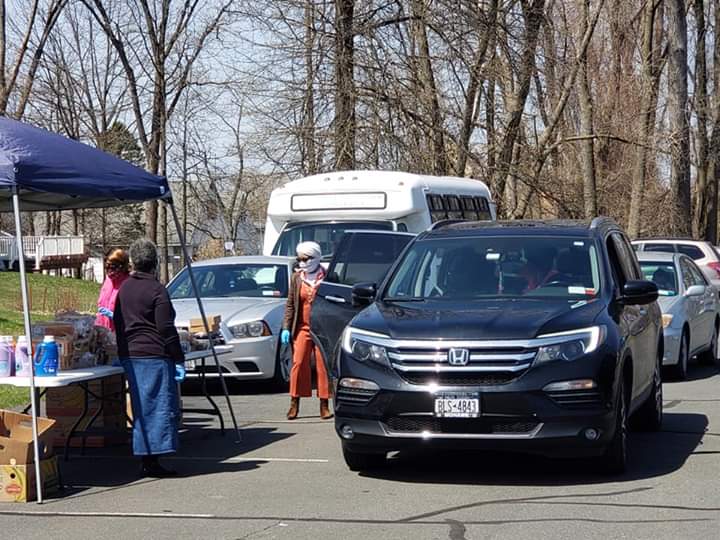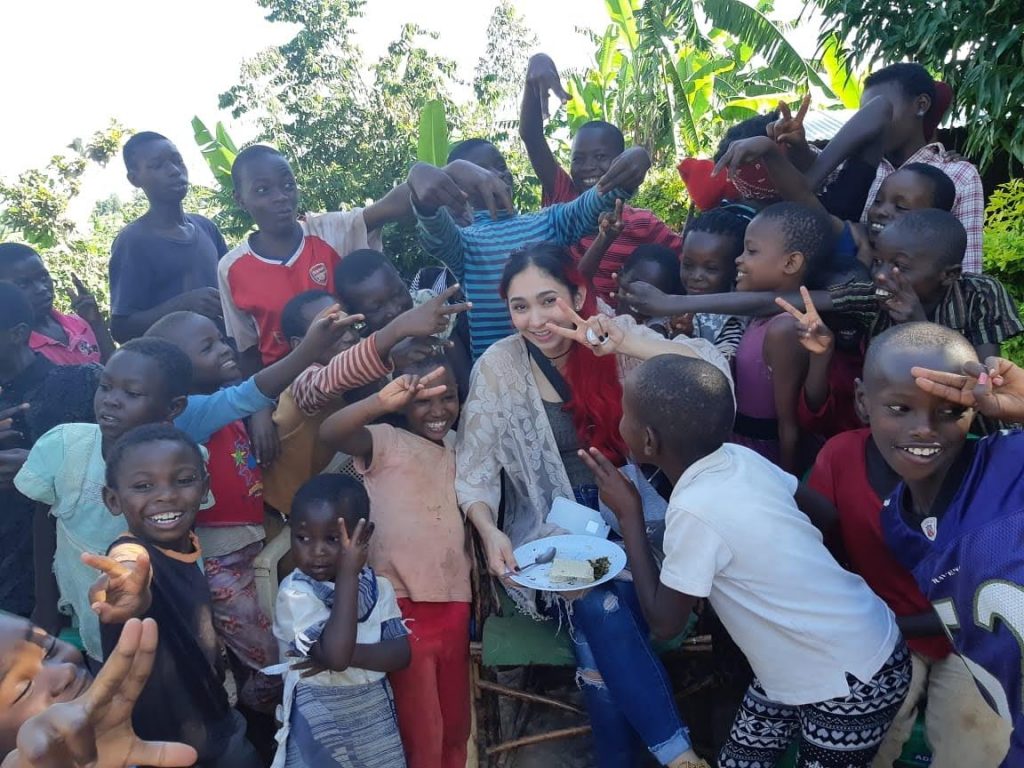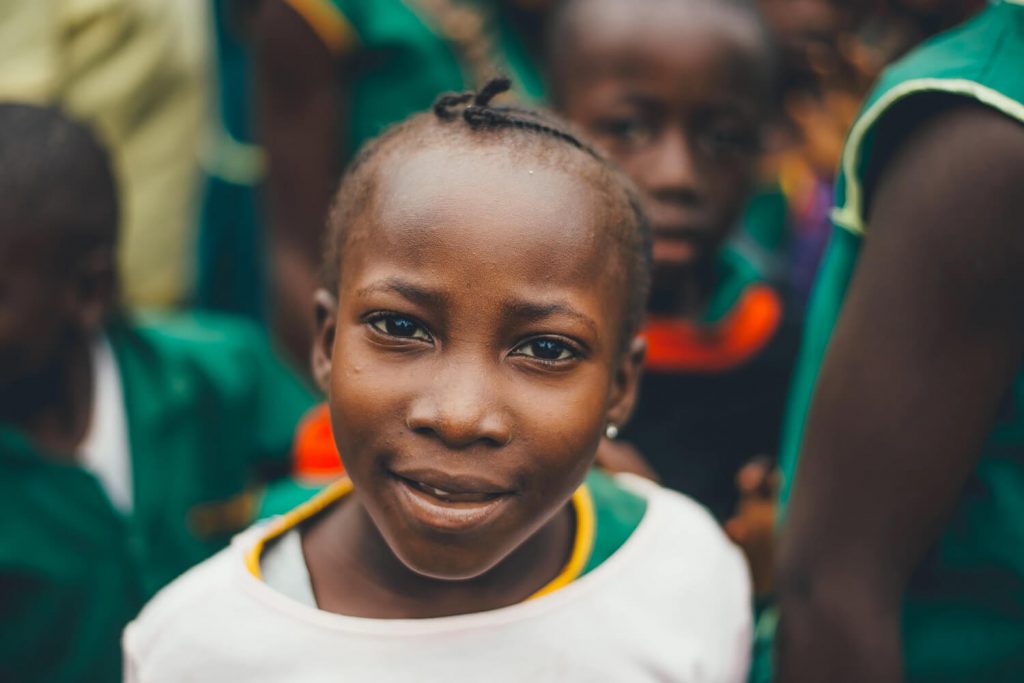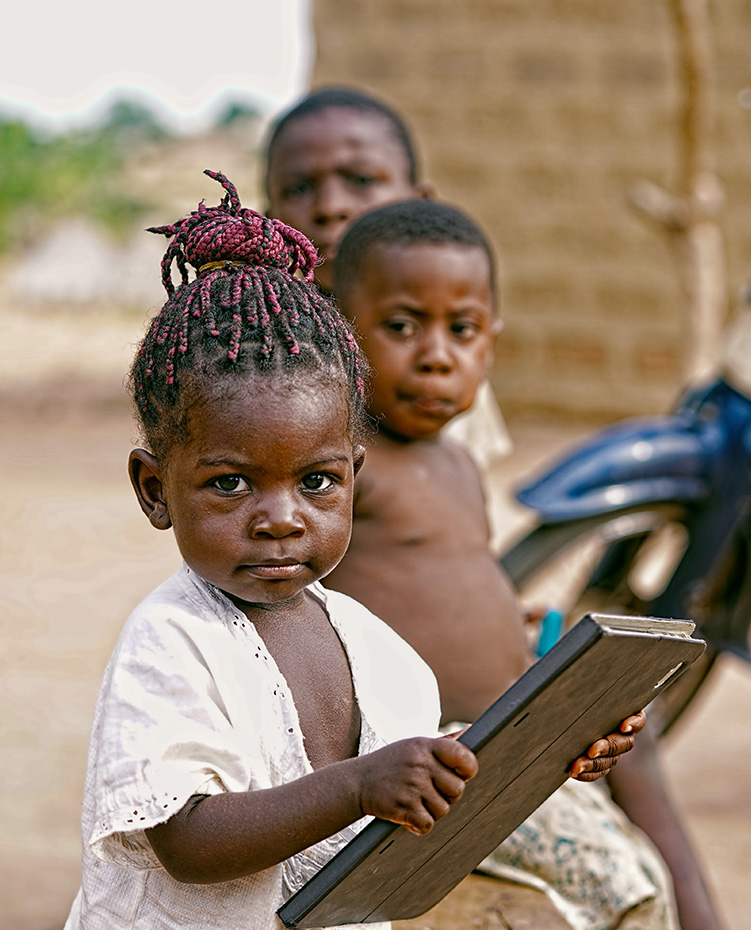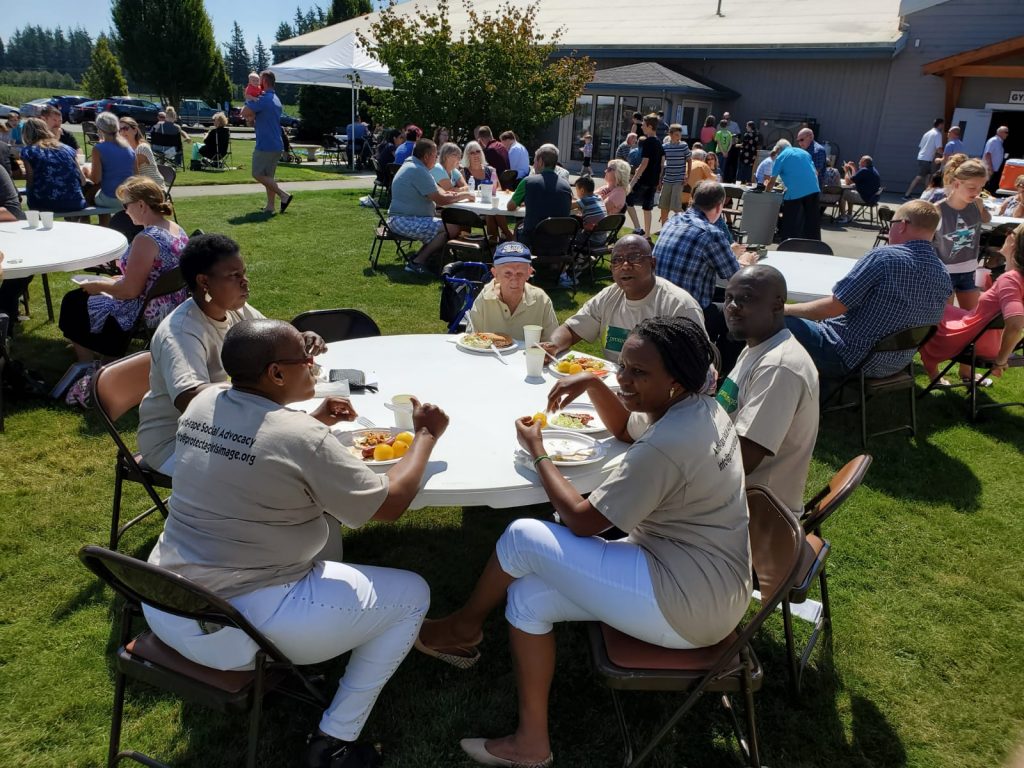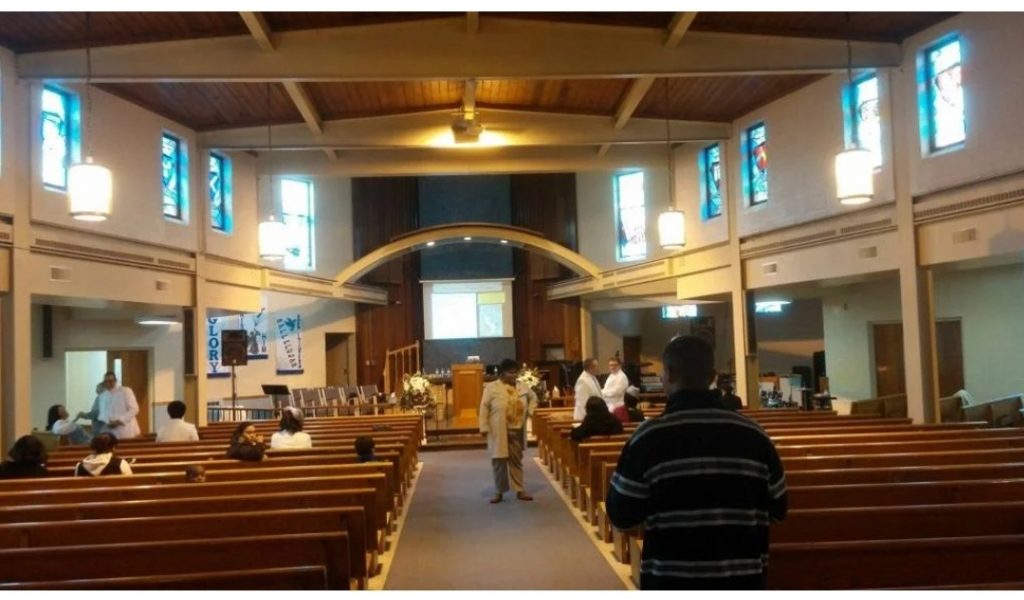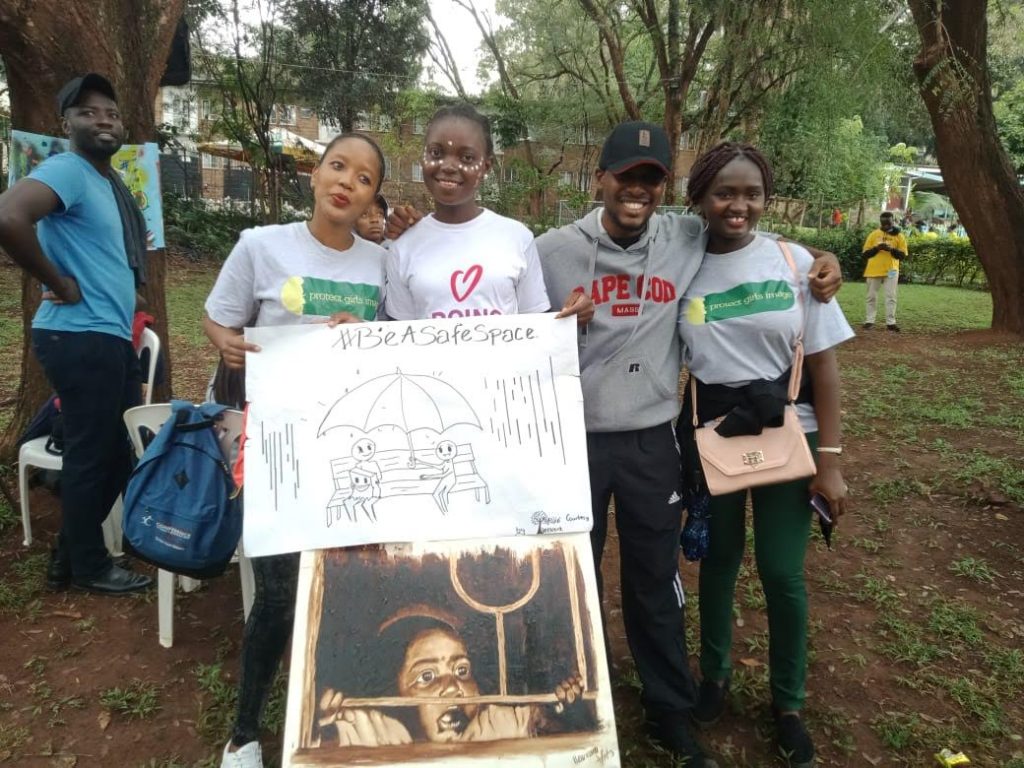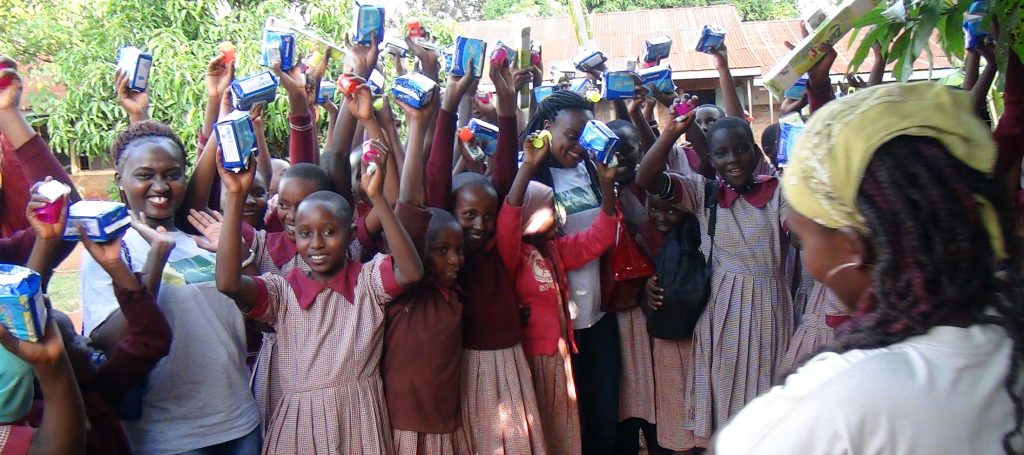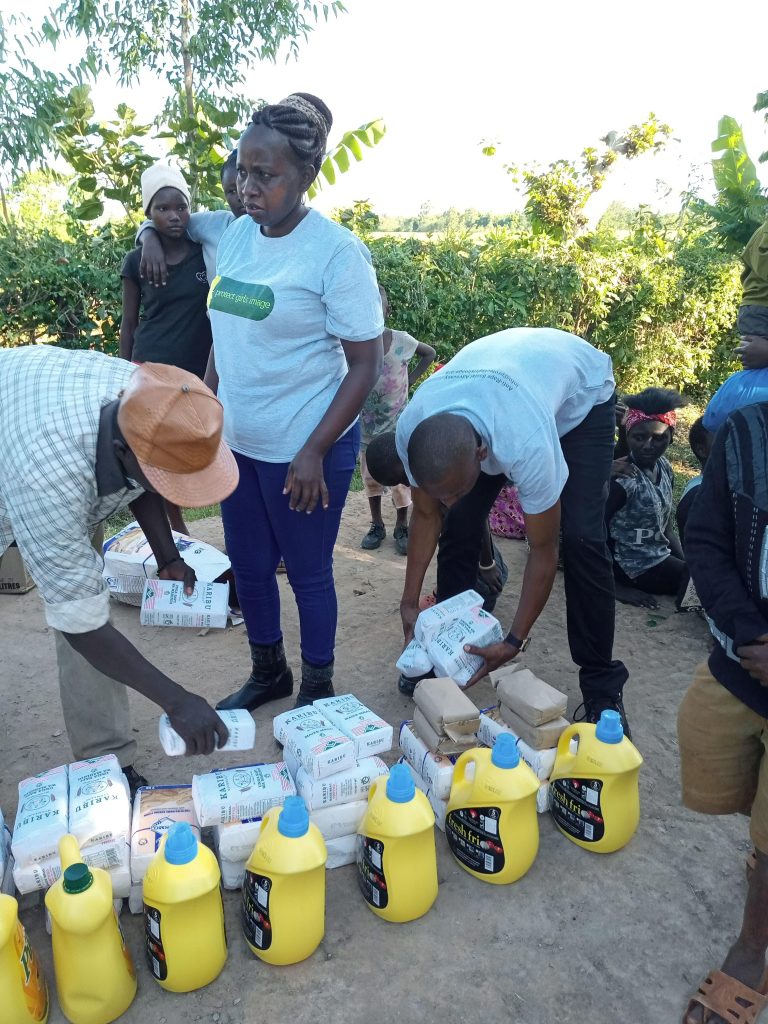Breaking the Cycle: Poverty Eradication, Teenage Pregnancy, and the Role of Both Girls and Boys
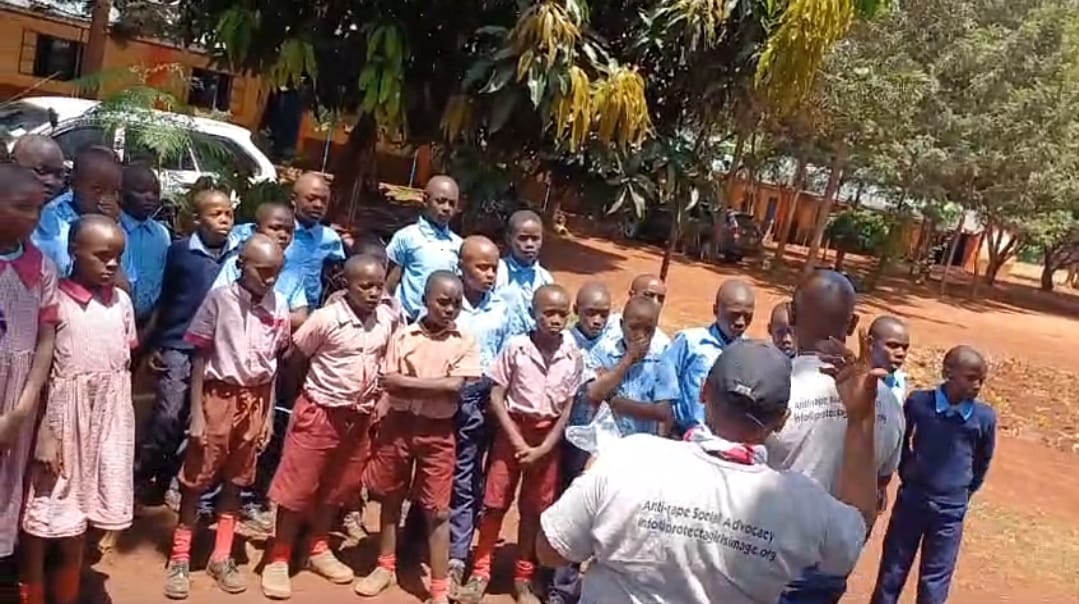
Poverty and teenage pregnancy are critical challenges affecting both girls and boys. While much attention is given to empowering young girls, it is equally important to involve boys in conversations about responsibility, education, and economic empowerment. At Protect a Girl’s Image Organization, we believe that sustainable change happens when both genders are given the knowledge, resources, and opportunities to make informed choices.
The Link Between Poverty and Teenage Pregnancy
Poverty limit opportunities for education, healthcare, and employment, increasing the likelihood of teenage pregnancies. Both girls and boys face challenges that contribute to this issue, such as:
- Lack of education – When boys and girls drop out of school due to poverty, they are more likely to engage in risky behavior that leads to early pregnancies.
- Limited access to reproductive health knowledge – Many young people grow up without proper guidance on relationships, contraception, and personal responsibility.
- Economic hardship and peer pressure – Boys from impoverished backgrounds may feel pressure to prove their masculinity through early sexual activity, while girls may feel compelled to engage in relationships for financial survival.
- Cultural norms and gender roles – In many communities, girls bear the consequences of early pregnancies, while boys are often not held accountable.
The Consequences of Teenage Pregnancy for Both Boys and Girls
Teenage pregnancy affects both genders and has long-term social and economic consequences:
-
For Girls
- School dropout, limiting career opportunities.
- Increased health risks during childbirth.
- Financial instability and emotional distress.
-
For Boys
- Sudden financial responsibility without preparation.
- Increased risk of dropping out of school to provide for a child.
- Limited job opportunities due to lack of education or skills.
When boys are left out of the conversation, they may unknowingly contribute to the problem instead of being part of the solution.
How Protect a Girl’s Image Organization is Helping Both Boys and Girls
Despite the name, our approach focuses on empowering both genders to make informed choices, prevent teenage pregnancies, and break free from poverty.
1. Education and Awareness for Boys and Girls
We conduct school-based programs and community workshops to educate young people about reproductive health, financial literacy, and responsible decision-making.
2. Financial Empowerment for Families
We provide zero-interest loans to struggling families, reducing the economic pressures that lead to early marriages and risky behavior among both boys and girls.
3. School Fee Assistance for Boys and Girls
By covering tuition costs for vulnerable students, we ensure both boys and girls complete their education and secure better futures.
4. Mentorship and Life Skills Training
We pair young boys and girls with mentors who guide them on topics like career choices, self-discipline, and healthy relationships.
5. Engaging Boys as Advocates for Change
We encourage boys to take responsibility in preventing teenage pregnancies by promoting respect, consent, and accountability in relationships.
How You Can Help: Join the Movement!
Creating a future free from poverty and teenage pregnancy requires a collective effort. Here’s how you can get involved:
✅Donate – Help us expand our education, mentorship, and support programs.
✅Volunteer – Become a mentor, speaker, or advocate for boys and girls.
✅Spread Awareness – Share this message on social media to help more people understand the role of both genders in breaking the cycle.
Final Thoughts
Poverty eradication and teenage pregnancy prevention are not just issues for girls – they affect boys, families, and entire communities. By empowering both genders, we can create lasting change and open doors for a brighter, more equal future.
Be part of the solution. Support our mission today!
🎇Donate Now
🎇Volunteer
🎇Learn More
Click the following links to follow us on our social media platforms and stay updated:
And to enjoy a more personalized experience, click here to read this piece written by one of our Peer educators. Enjoy!!!

